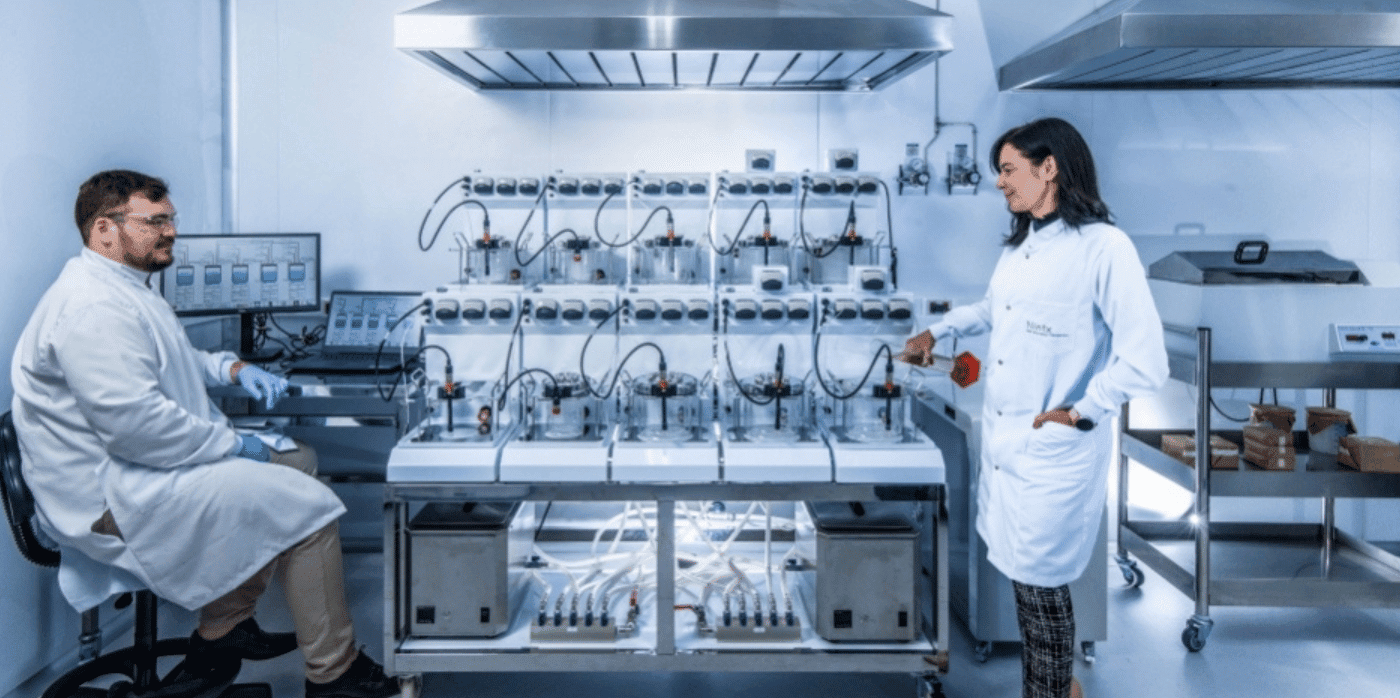Tapping into expert analysis for effective carbon labelling

Spotted: Shoppers are likely to become increasingly carbon-aware as climate change begins to bite. Already, one study has found that 69 per cent of global consumers feel that sustainability is more important to them than it was two years ago.
Dutch startup Greenswapp has developed an API that aggregates peer-reviewed Lifecycle Assessments (LCAs) conducted by research institutes, universities, and think tanks, to display the carbon impact of individual products.
To do this, the company uses a machine learning algorithm to automatically match a product based on its barcode or product name to one of the thousands of product types in its database. It then further analyses the factors along the product lifecycle that cause carbon emissions to differ between versions of the same product made by different suppliers. It can even differentiate between different products made by the same supplier. For processed food, the technology separates out the ingredients it has in its database, calculates the carbon footprint for each, and then adds up the total.
Greenswapp’s technology can be used by supermarkets like Waitrose in several ways. First, it can be used to inform procurement decisions through integration with procurement and inventory management software. Second, it can be integrated into PoS systems to provide customers with the option to carbon offset their purchases.
Finally, it can be used in merchandising to create ‘carbon labels’ that nudge shoppers towards higher-margin sustainable products. At CES 2024, GreenSwapp demonstrated new technology to display climate impact through electronic shelf labels and PoS displays.
Springwise has spotted other companies that are empowering customers with transparent climate data for products, including traceable climate-positive t-shirts and an ESG product rating system.
Written By: Matthew Hempstead



